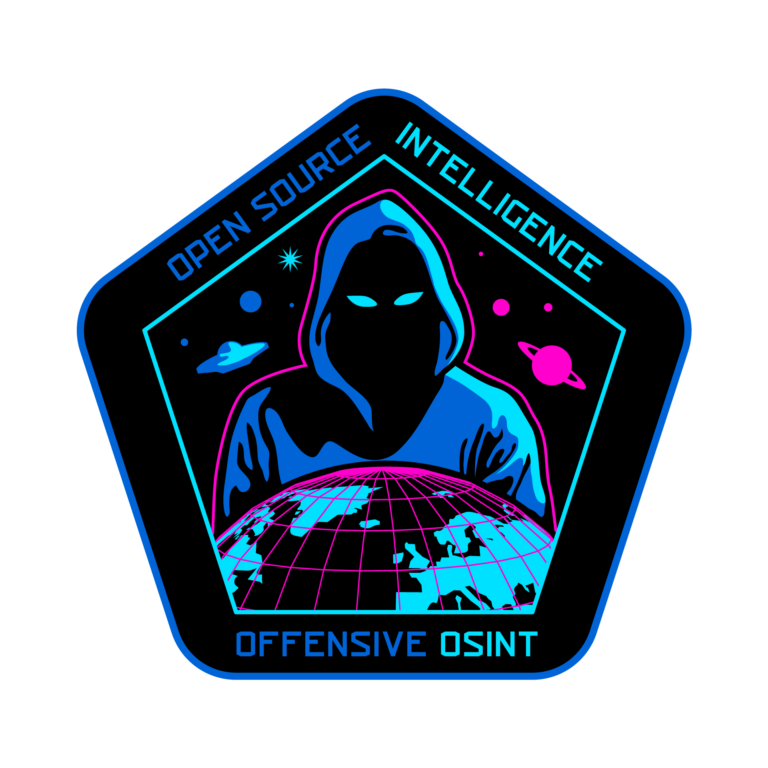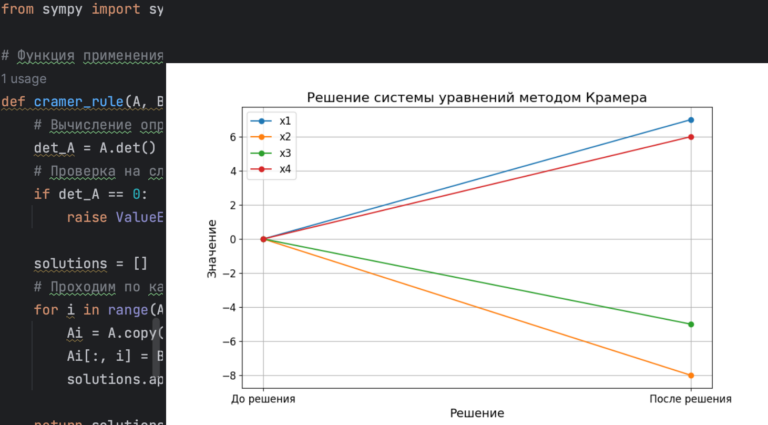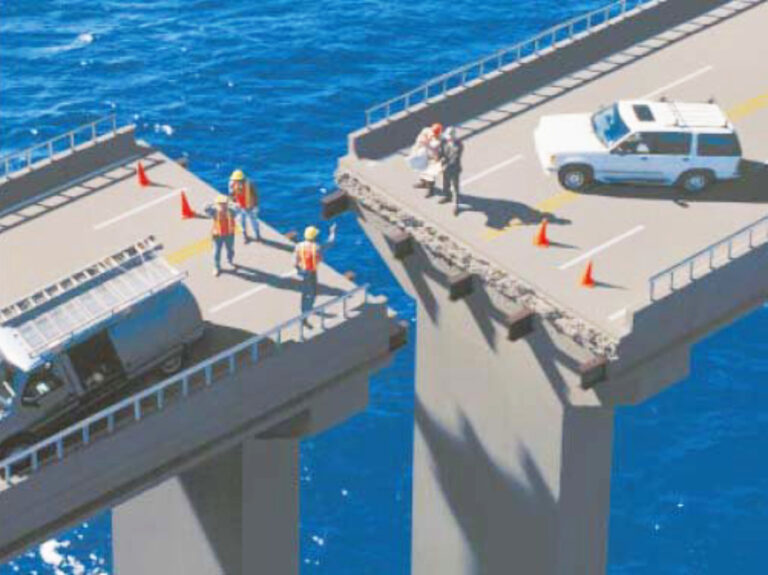How to reanimate tourism with recognition systems
Traveling abroad for work or leisure is always fun and cool. But, unfortunately, every exit is a big bureaucratic problem. Anyone who goes to another country is forced to face a lot of troubles in the form of preparing and processing all the necessary documents, filling out questionnaires, waiting in queues, etc. These problems have taken on a completely different level with the advent of the covid pandemic, when, in addition to all of the above, at every step it is necessary to confirm the absence of the disease. It would seem much worse, but the queues are getting even bigger, and the situation is more tense. As a result, a long-awaited trip or vacation turns into torture rather than a joyful adventure.

Of course, all these processes did not arise from scratch by themselves. Such measures are necessary to maintain safety and order, to preserve our health and life in general, especially against the backdrop of new outbreaks of the disease and the emergence of new strains of coronavirus.
Despite the objective necessity of all the measures taken and a partial understanding of the situation that has arisen on the part of tourists, no one likes and does not want to stand in lines. The situation is similar to “sudden” snow falling in January. From year to year, in December-January, at about the same time, the city “suddenly” is buried under a 1.5-meter layer of snow, and the utilities are still not ready for this. So we, knowing that we will inevitably face long and cramped queues, with a bunch of papers and questionnaires, every time we curse this “stupid” system.
The emerging problem in tourism is not new. Similar difficulties have already arisen before banks, insurance, television operators and other organizations working with a large number of documents. And everywhere they were solved in one way – by automating manual verification and data entry of documents using industrial recognition systems.
Modern technologies are already able to take on many routine, but important tasks today:
Face recognition is a frightening, but at the same time, technology in demand today. Of course, there are always risks of misuse of such systems, but the immediate benefit of this technology for our intelligence services is obvious. Now cameras with facial recognition technology allow you to investigate crimes in hot pursuit. For example, about 60% of thefts are revealed within the first three days (and 90% of them – on the first day).
The technology we mentioned more than once barcode recognition, which helps us pay tax payments, follow interesting links, etc. They are so closely embedded in our lives that we do not even think about the fact that this is a computer vision system, behind which there are years of scientific research.
Technologies recognition of passports, business documents and bank cards, ubiquitously used and adopted by the majority of top banks, insurance companies, TV operators and even car-sharing services, allow you to order different services accurately, safely and in seconds.
As you can see, almost everything has been automated. And the “tourism business” remained on the sidelines and did nothing to simplify many processes and the convenience of its customers. Just compare the best mobile travel app to those of commercial digital banks.
Let’s talk in more detail about how recognition technologies can help various organizations with which a traveler has to interact with, automate routine tasks.
At every stage of a trip abroad, you have to deal with the input or verification of personal data: obtaining permission to enter the country, obtaining a visa, buying plane or train tickets, obtaining an international insurance policy, registering before departure and upon arrival at the hotel, paying state fees, filling out questionnaires before passing the PCR test and further checking their results at access points and many other cases when recognition systems are simply irreplaceable.
You only need a data recognition system that solves the task: a) quickly, b) reliably, and c) safely, without sending data to some Chinese village for “manual recognition” of document images. Otherwise, there will only be more troubles than real benefits.
If we speak (directly and without water) honestly and specifically, then the pool of Smart Engines software products has all the necessary technologies to solve all of the above tasks.
Smart ID Engine enables fast and secure recognize the passport of the Russian Federation, driver’s licenses, ID cards, SNILS, visas and more than 1600 identity documents in 210 jurisdictions of the world with support for 102 languages. In fact, it is a tool for digital transformation of service processes at border posts, airport security services, when buying tickets or checking in for a flight, in government organizations, car sharing services and tour operators, as well as in many other sectors where it is necessary to quickly and accurately enter or verify data from certification document. Smart ID Engine, in addition to the recognition function, solves the problem of detecting digital and physical forgery of documents.
Smart Code Engine integrates solutions for optical reading (scanning) of bank card data, barcodes and machine readable zone (MRZ).
The Smart Document Engine automatically extracts data from structured, semi-structured and unstructured documents such as COVID-19 test certificates. In the current pandemic situation, especially at airports and border posts, where millions of forms have to be checked every day, the system is especially relevant.
The Smart Document Engine additionally allows you to check documents for formalities: whether there is a signature, seal or logo, whether they are in the correct color, whether they are in the right place on the document – and to check that the inscriptions to be handwritten are indeed handwritten.
High-precision and secure data recognition works autonomously on the end device: smartphone, tablet, smart camera, terminal, personal computer, server, automatically recognizing videos, photos or scan images.
All Smart Engines software products work autonomously and do not transfer data to third parties, ensuring maximum security in the processing of personal and sensitive data. The delivery of technologies is carried out in the form of a stand-alone SDK (Software Developer Kit), which is available for integration into mobile, desktop, server and even browser platforms.
Instead of a conclusion, we will give examples of real cases of successful application of recognition systems in “tourism”:
Caribbean Airlines has improved the quality of customer service by introducing Smart ID Engine passport recognition technologies into its mobile application. The implemented recognition module provided Caribbean Airlines passengers with a convenient organization of the entire trip, starting from the moment of purchasing a ticket. The user of the Caribbean Airlines application just needs to point the phone camera at the passport, and Smart ID Engine will quickly retrieve the document data necessary for issuing a ticket or registering a passenger.
Recognition systems assist tourists in obtaining entry permits for the Seychelles. To enter the archipelago, you must present a special document – Travel Authorization. To make the process of filling out the entry permit form fast and contactless, Smart ID Engine passport recognition technologies are applied. They are built into a unified system for collecting and analyzing information about arrivals to the islands and provide travelers from all over the world with convenient entry of passport data in a special mobile application and on the website.
Smart Engines recognition systems have been introduced for a long time and help to quickly and easily buy tickets through the Kupibilet agency





